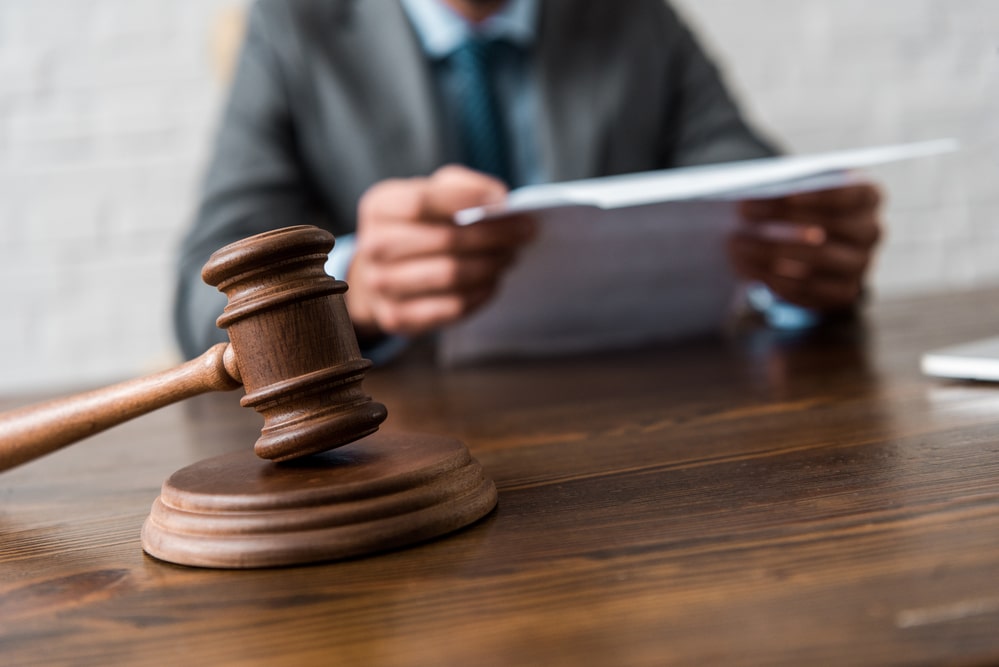Sentencing hearing in North Carolina – In North Carolina, criminal convictions follow structured sentencing governed by the North Carolina misdemeanor sentencing guidelines and North Carolina felony sentencing guidelines. These guidelines give the judge a range of possible sentencing options with regard to periods of incarceration, fines, and probation.
**Please note: Federal Sentencing Guidelines are separate, different, and not applicable to this discussion.
How does the judge decide what sentence to impose? Is there anything that can be done after the point of conviction to affect the sentence? These are some of the questions we hope to answer. In this blog, we will discuss sentencing hearings. Like all our blogs, this is intended for general informational purposes only, and not as a substitute for the advice and counsel of a criminal defense attorney.
What is a sentencing hearing?
A sentencing hearing is a hearing held after conviction by trial or after a guilty plea that addresses sentencing. In North Carolina, this is typically done immediately after the defendant is found guilty or pleads guilty, though other jurisdictions allow some time to pass. Federal court for example, holds sentencing hearings several months after the defendant is found guilty.
What happens at a sentencing hearing?
During the sentencing hearing, the defendant himself or through his attorney can speak directly to the judge about anything relevant to the sentencing. This can include but is not limited to:
- Statements regarding any remorse felt about the crime committed
- Facts and statements to support any mitigating factors that should apply to sentencing
- Personal statements about the defendant regarding his background, his family, his employment, and any other information he wishes to share
Rules of evidence at a sentencing hearing
In a typical criminal trial, the only evidence that can be considered by the court is through sworn testimony, stipulations, properly authenticated documents, and other methods that follow the North Carolina Rules of Evidence. This is not the case at a sentencing hearing. At a sentencing hearing, information can be proffered, which means it is simply stated.
The defendant can proffer anything that they would like the judge to consider, however, some documentation or other proof of authenticity or credibility is often helpful.
How do you know what sentence will be imposed?
This is a question that is often asked, but does not have a straightforward answer that people are typically happy with. The only relatively sure way to know the exact sentence ahead of time, is to agree to it with the government as part of a plea bargain. Even that, however, has limits, as the judge can reject the plea offer entirely.
The hard truth is that your criminal defense lawyer does not know for sure. They can make a guess as to what the judge is going to sentence the defendant to. This is because the judge is an individual with individual thoughts, beliefs, and whims. The judge is not going to do the same thing with every case, or the same thing every day. Asking us what the judge is going to do is equivalent to asking us to read someone’s mind.
Criminal charges can be complicated and stressful. If you have been charged with a crime in North Carolina or South Carolina and are looking to hire an attorney, contact us.

